The European Commission’s 2022 European Semester Spring Package provides Member States with support and guidance two years on from the first impact of the COVID-19 pandemic and in the midst of Russia’s ongoing invasion of Ukraine.
The Spring 2022 Economic Forecast projects the EU economy to continue growing in 2022 and 2023. However, while the EU economy continues to show resilience, Russia’s war of aggression against Ukraine has created a new environment, exacerbating pre-existing headwinds to growth, which were previously expected to subside. It also poses additional challenges to the EU economies related to security of energy supply and fossil fuel dependency on Russia.
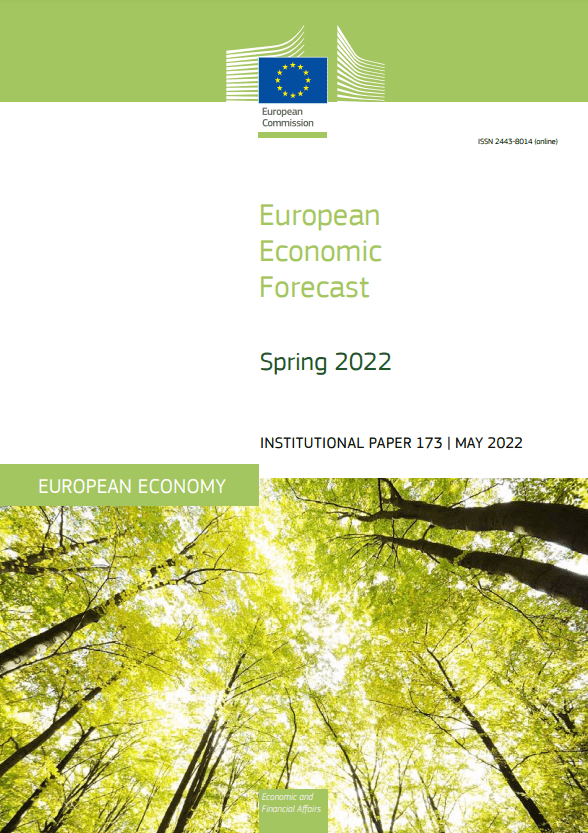
European Economic Forecast. Spring 2022
|
Linking the European Semester, the Recovery and Resilience Facility and REPowerEU
The case for reducing our dependency on fossil fuels from Russia has never been clearer. REPowerEU is about rapidly reducing our dependence on Russian fossil fuels by fast-forwarding the clean transition and joining forces to achieve a more resilient energy system and a true Energy Union.
The European Semester and the Recovery and Resilience Facility (RRF) – at the heart of NextGenerationEU – provide for robust frameworks to ensure effective policy coordination and to address the current challenges. The RRF will continue to drive Member States’ reform and investment agendas for years to come. It is the main tool to speed up the twin green and digital transition and strengthen Member States’ resilience, including through the implementation of national and cross-border measures in line with REPowerEU.
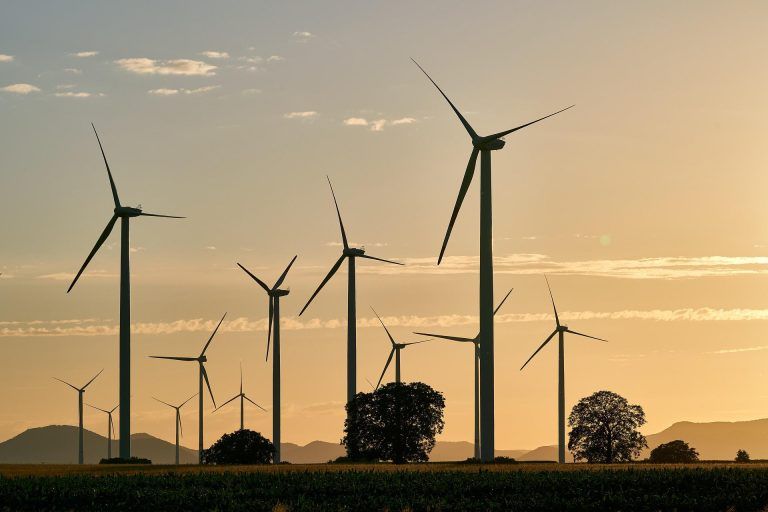
Commission’s emergency measures to improve energy markets
|
Fiscal policy guidance
The activation of the general escape clause of the Stability and Growth Pact in March 2020 allowed Member States to react swiftly and adopt emergency measures to mitigate the economic and social impact of the pandemic. Coordinated policy action cushioned the economic blow and paved the way for a robust recovery in 2021.
Policies to mitigate the impact of higher energy prices and support those fleeing Russia’s military aggression against Ukraine will contribute to an expansionary fiscal stance in 2022 for the EU as a whole.
Article 126(3) report on compliance with the deficit and debt criteria of the Treaty
The Commission has adopted a report under Article 126(3) of the Treaty on the Functioning of the EU (TFEU) for 18 Member States (Belgium, Bulgaria, Czechia, Germany, Greece, Spain, France, Italy, Latvia, Lithuania, Hungary, Malta, Estonia, Austria, Poland, Slovenia, Slovakia and Finland). The purpose of this report is to assess Member States’ compliance with the deficit and debt criteria of the Treaty. For all these Member States except Finland, the report assesses their compliance with the deficit criterion. In the case of Lithuania, Estonia and Poland, the report was prepared due to a planned deficit in 2022 exceeding the 3% of GDP Treaty reference value, whereas the other Member States had a general government deficit in 2021 exceeding 3% of GDP.
The pandemic continues to have an extraordinary macroeconomic and fiscal impact that, together with the current geopolitical situation, creates exceptional uncertainty, including for designing a detailed path for fiscal policy. The Commission therefore does not propose to open new excessive deficit procedures.
Addressing macroeconomic imbalances
The Commission has assessed the existence of macroeconomic imbalances for the 12 Member States selected for in-depth reviews in the 2022 Alert Mechanism Report.
Ireland and Croatia are no longer experiencing imbalances. In both Ireland and Croatia, debt ratios have declined significantly over the years and continue to display strong downward dynamics.
Seven Member States (Germany, Spain, France, the Netherlands, Portugal, Romania, and Sweden) continue to experience imbalances. Three Member States (Greece, Italy, and Cyprus) continue to experience excessive imbalances.
Overall, vulnerabilities are receding and are falling below their pre-pandemic levels in various Member States, justifying a revision of the classification of imbalances in two cases, where also notable policy progress has been made.
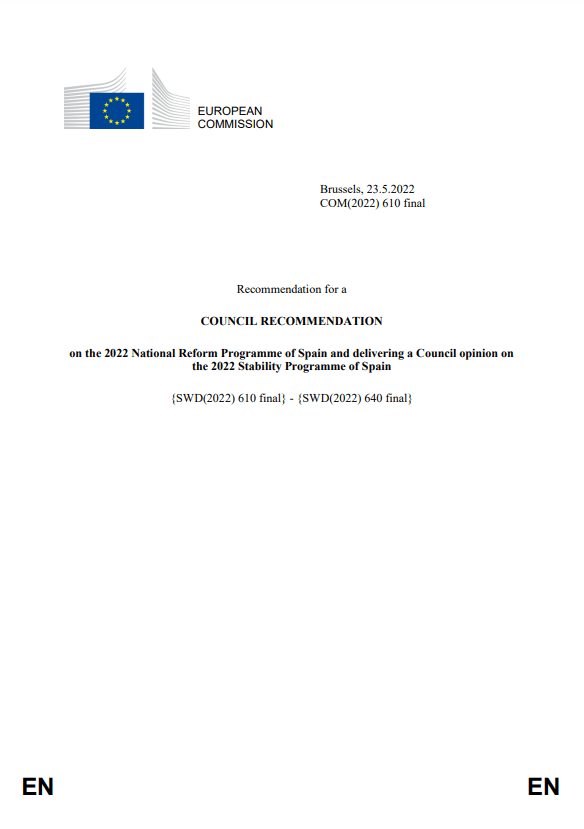
Council Recommendation on the 2022 National Reform Programme of Spain and delivering a Council opinion on the 2022 Stability Programme of Spain
|
Employment guidelines
The Commission is also proposing guidelines – in the form of a Council decision – for Member States’ employment policies in 2022. Every year, these guidelines set common priorities for national employment and social policies to make them fairer and more inclusive. Member States will now be called to approve them.
Member States’ continued reforms and investments will be crucial to supporting high-quality job creation, the development of skills, smooth labour market transitions, and to address the ongoing labour shortages and skills mismatches in the EU. The guidelines provide steering on how to continue modernising labour market institutions, education and training, as well as social protection and health systems, in order to make them fairer and more inclusive.
More information: European Commission – Press release




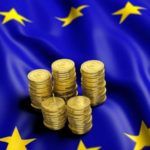
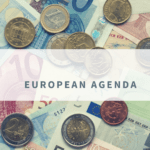

Leave a Reply